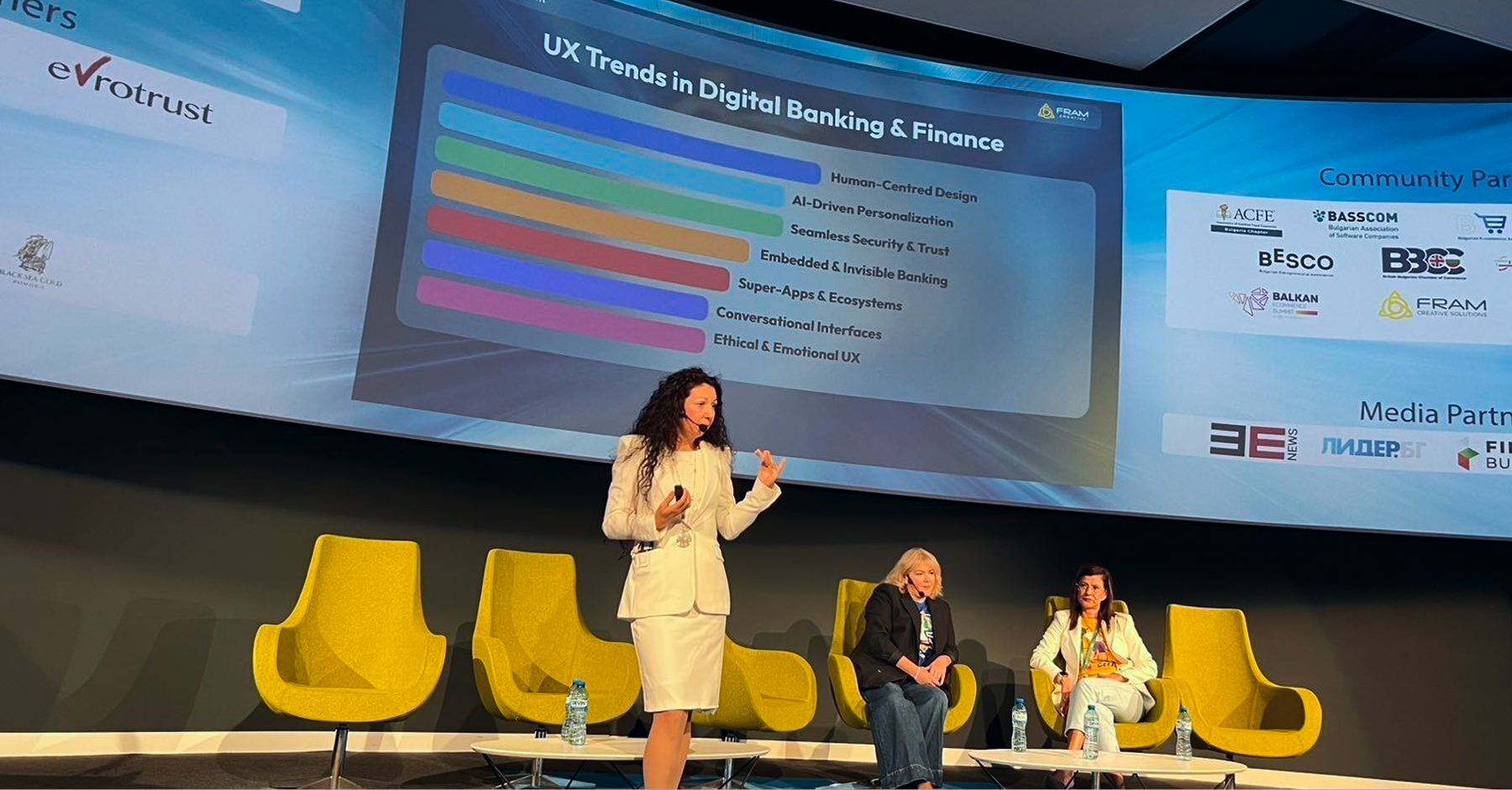Futuretech
Real Estate
MedTech
Security & Insurance
The Playbook of Accessible Design for Business Owners


AI empowers researchers to swiftly and accurately analyze massive datasets. By harnessing machine learning, AI can decode qualitative and quantitative data, extracting insights from surveys, user feedback, and behavioral patterns. This prowess in handling large datasets unearths intricate patterns and latent insights that might have eluded manual discovery.
Within AI's toolkit lies Natural Language Processing (NLP), a game-changer for deciphering textual data. NLP extracts meaningful content from user reviews, social media interactions, and support conversations. It can pinpoint sentiments, identify core topics, and even gauge emotions, delving deeper into user sentiments and experiences.
AI ushers in the capability to track and decode user behavior in real time. Employing machine learning and predictive models, researchers can grasp how users interact with digital products on a comprehensive scale. AI-infused analytics capture user journeys, clicks, and engagement metrics, helping pinpoint pain points and optimize prospects.
AI liberates researchers from mundane tasks, enabling them to focus on higher-value initiatives. It underpins advanced user segmentation, personalizing designs based on demographics and preferences. Predictive modeling within AI forecasts user actions, paving the way for data-driven choices. Overall, AI streamlines processes elevates experiences, and enriches research insights.
In a nutshell, AI is reshaping user research by elevating data analysis, automating routine tasks, and delving into intricate user behavior insights. Through tools like NLP, user behavior tracking, and predictive modeling, researchers can unlock invaluable revelations that steer informed design decisions. By incorporating AI into user research, designers can shape user-centric experiences, enhance product usability, and craft solutions aligned with user needs in our swiftly evolving digital landscape.




Our friendly team would love to hear from you.
By submitting this form you agree with our Privacy Policy



